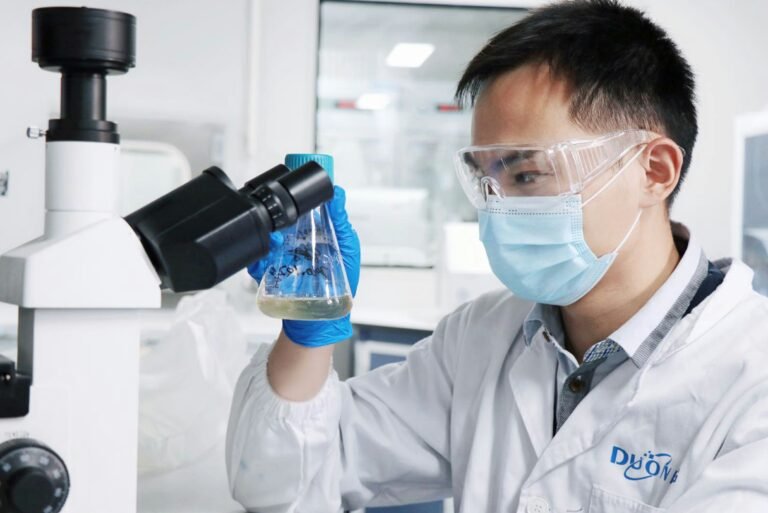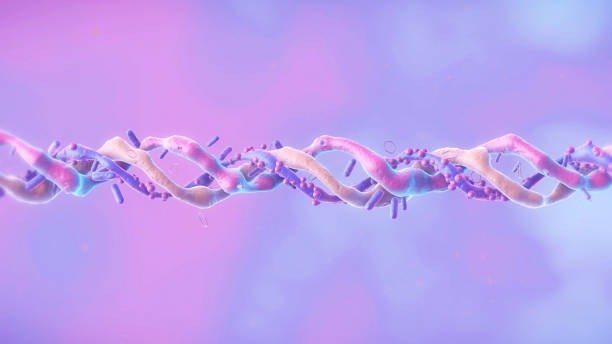Peptides have transformed fat loss research by working with the body’s natural metabolic pathways rather than against them. Unlike harsh stimulants, peptides enhance intrinsic fat-burning mechanisms, making them invaluable for studies on metabolic optimisation, body composition, and weight management.
This guide outlines the most relevant peptides available for UK researchers, explaining their mechanisms, benefits, and unique roles in fat loss research.
How Fat Loss Peptides Work in Research
Fat loss peptides act through several key pathways:
- Growth Hormone Enhancement – Supports lipolysis (fat breakdown) while preserving lean mass.
- Appetite Regulation – Influences satiety hormones to reduce caloric intake.
- Metabolic Rate Optimisation – Increases energy expenditure and fat oxidation.
- Improved Insulin Sensitivity – Enhances glucose handling and nutrient partitioning.
Top Peptides for Fat Loss Research
Growth Hormone Axis Peptides
Ipamorelin (5mg)
- A selective growth hormone secretagogue with minimal side effects.
- Research uses: visceral fat reduction, body composition optimisation, metabolic function, and sleep quality. ➡️ Ipamorelin 5mg – Bluewell Peptides
CJC-1295 (DAC & MOD GRF 1-29)
- Sustains growth hormone release, extending fat-burning and recovery benefits.
- Research uses: long-term fat metabolism, nutrient partitioning, and synergy with GHRPs like Ipamorelin. ➡️ CJC-1295 – Bluewell Peptides
Metabolic and Appetite-Regulating Peptides
Tirzepatide (10mg)
- A dual GIP and GLP-1 receptor agonist.
- Research shows significant reductions in body weight, improved insulin sensitivity, and appetite suppression.
- Clinically, Tirzepatide is marketed under the brand name Mounjaro. In research-grade form, it is essentially the same active compound, offering a more cost-effective option for investigators compared to branded pharmaceutical preparations.
➡️ Tirzepatide 10mg – Bluewell Peptides
Retatrutide (10mg)
- A next-generation triple agonist (GLP-1, GIP, glucagon).
- Combines appetite suppression with enhanced fat oxidation via glucagon receptor activation.
- Early studies indicate greater fat loss potential than Tirzepatide.
➡️ Retatrutide 10mg – Bluewell Peptides
Supportive and Regenerative Compound
BPC-157 (5mg)
- Primarily researched for tissue repair and gut health, but indirectly aids fat loss research by reducing inflammation and supporting recovery.
- Useful in maintaining metabolic resilience during weight loss studies.
➡️ BPC-157 5mg – Bluewell Peptides
Ranking by Fat Loss Potential
- Retatrutide (10mg) – Most advanced, triple receptor agonist (appetite suppression and fat oxidation).
- Tirzepatide (10mg) – Highly effective, dual receptor agonist (appetite regulation and insulin sensitivity).
- CJC-1295 + Ipamorelin – GH axis support, synergistic for long-term fat metabolism.
- BPC-157 – Indirect support via recovery, inflammation control, and gut health.
Conclusion
For fat loss research, peptides like Retatrutide and Tirzepatide lead the way in direct weight reduction studies, while CJC-1295 and Ipamorelin provide strong growth hormone-based mechanisms for fat metabolism and muscle preservation. BPC-157 adds supportive benefits for recovery and metabolic balance.
Together, these compounds represent the cutting edge of peptide-based fat loss research in the UK.




